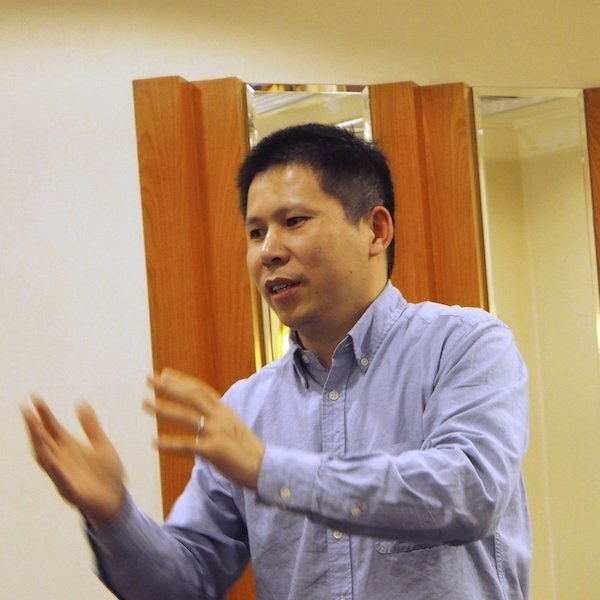By Jerome A. Cohen
Lawyer Li Yuhan, image taken from Front Line Defenders.
Recently, Lawyers for Lawyers wrote a letter calling for the release of Li Yuhan, a Chinese human rights lawyer who was detained three years ago for “picking quarrels and provoking trouble.” The letter cites urgent medical conditions and calls for her immediate release. The case of Li Yuhan is another sad example of how in the PRC the Communist Party, police, prosecutors and judges continue, despite various legislative reforms and Xi Jinping’s frequent orders to “do everything according to law,” to act “as a single fist” in coercing confessions, even from human rights lawyers. In every political system, vigorous lawyers are sometimes thought by some people to “provoke trouble.” This is what happens to them in the PRC.
I don’t know Ms. Li Yuhan but she is apparently among the many courageous Chinese lawyers who, despite severe health disabilities and massive physical and psychological pressures, has persistently sought to resist being coerced into false “confessions.” What seems to be unique about this case is the reported promise – made not by Party, police or prosecution but by the very court scheduled to determine guilt or innocence in a supposedly impartial public trial – that, if only she would finally “confess,” they would restore her right to practice law again after her release. I have never heard of this mode of coercion before, a new addition to the repulsive bag of tricks that the PRC has perfected into an art form. How and why Ms. Li has managed to hold out against these horrendous pressures remains a mystery, of course, and I wonder how much longer she can do so, with what consequences. One reason why she has not succumbed to this promise may well be an understandable skepticism that the promise would be fulfilled.
Also notable about this case, although certainly far from unique, is the length of time she is being detained prior to “trial,” far exceeding the maximum prescribed in the Criminal Procedure Law unless special approval has been obtained from the highest national government authority. I wonder whether evidence of such approval exists. Here one also has to wonder about the restrictions imposed on the lawyer allowed to represent her, who apparently has finally had access to her and learned about the unsuccessful judicial coercion almost a year ago.
Perhaps the only recourse available to Ms. Li’s family and others seeking her freedom is to invoke the ancient Chinese legal tradition of seeking to block the emperor’s procession in order to have him hear their cries of injustice. But, as they well know, this would only lead to the endless detentions of those engaged in the effort. So much for the vaunted “trial-centered justice” that current reforms claim to implement!
I assume (and hope), because of the publicity surrounding the detention of the “Hong Kong 12,” that they will not receive similar treatment to Ms. Li’s.





